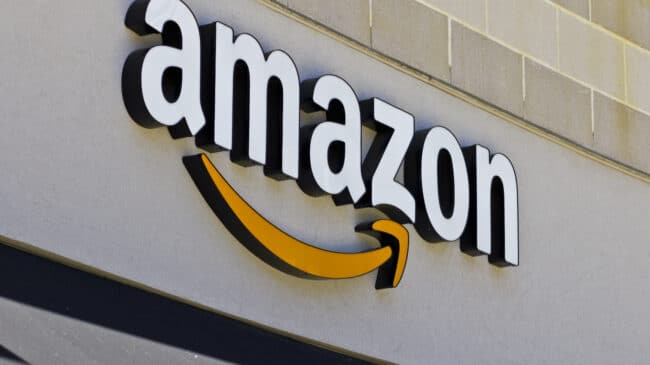Jeff Bezos is becoming an increasingly vocal champion of free markets. What remains to be seen is whether he will put his money where his mouth is and end his company’s participation in state and local governments’ efforts at central economic planning through ‘economic development’ subsidies. If he does, others will follow. And, if he doesn’t, then it’s fair to question just how deep those free market principles go.
Bezos is the founder and executive chairman of Amazon, one of the most active companies in the United States when it comes to seeking economic development subsidies from state and municipal governments. These are the special tax breaks, grants, loans, or other benefits provided by economic development agencies to chosen companies in return for promises of job creation and economic growth.
Bezos knows that the subsidy programs that Amazon participates in are antithetical to his free market principles. He said as much recently on X (formerly Twitter) when he posted:
“We do NOT have free markets today and have not had them for a very long time. In general, corporate subsidies and special interest tax breaks are great examples of where government interferes with free markets,” Bezos wrote on X.
Amazon’s infamous “HQ2” competition to choose a city for its second headquarters was the company’s most high-profile effort to seek out special treatment from governments, but its corporate offices, distribution centers, data centers, film productions, logistics facilities, Whole Foods supermarkets, and other operations in at least 37 states have received some form of government subsidy since 2000, according to data compiled by Good Jobs First.
This is where Jeff Bezos has a decision to make—and an opportunity to make a difference. Amazon is estimated to have received more than $11.6 billion in subsidies from state and local governments since 2000. While that’s a massive amount of money in some respects—it’s enough to fund the entire combined 2024 state budgets of South Dakota and Wyoming, for example, or as much as Americans spent on Halloween last year—it would be a rounding error for Amazon’s $637.95 billion in 2024 revenues.
Less than two percent of one year’s revenue growth spread thinly over two decades is clearly not going to do much to change mission-critical site selection decisions for Amazon, a famously data-driven company.
In fact, during its HQ2 process, Amazon demonstrated just how little subsidies influence its site selection decisions when it passed up billions of dollars more in subsidies from New Jersey and Maryland in favor of sites a few short miles away in New York City and Northern Virginia. Amazon reinforced that lesson when it gave up the New York City subsidies altogether rather than deal with the local and state politics that came along with them. Instead, the company spent more than a billion dollars of its own money to purchase and renovate the former Lord & Taylor flagship store on Manhattan’s Fifth Avenue to house its New York City operations.
Amazon can continue to be one of the most aggressive companies when it comes to the “corporate subsidies and special interest tax breaks” Bezos referenced. This will do little for Amazon’s corporate bottom line while creating political entanglements and giving bureaucrats additional leverage over its operations. Or, it can take the financially insignificant but operationally liberating decision to give up its pursuit of corporate welfare deals across the country, living up to its founder’s principles and setting a standard for others to follow.
Amazon’s renunciation of corporate welfare subsidies would be cheered across the political spectrum by everyone concerned about the toxic combination of big business and big government. It would also be the biggest and most high-profile demonstration of ‘corporate social responsibility’ in modern American history—and would hopefully encourage other companies to follow suit.
Dr. Martin Luther King, Jr. famously observed, “In this country, we all too often have socialism for the rich and rugged free market capitalism for the poor.” One of the world’s richest men has an opportunity to start changing that by living up to his free market principles.

